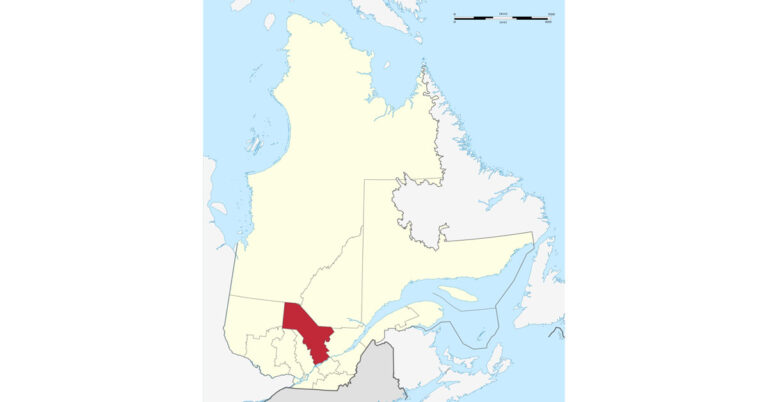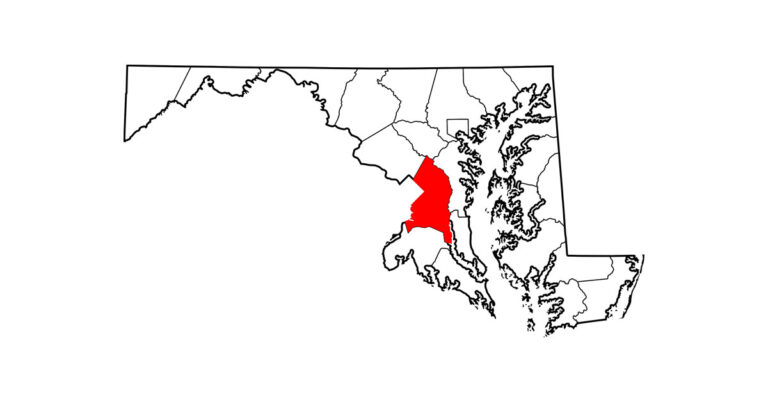
Joint care and maintenance is an important part of every performance horse’s routine. Top international three-day eventer, Liz Halliday-Sharp, explains how finding the right joint care products for your horse at the right time in their career becomes a lot easier when working with a trusted veterinarian.
Q: What routine joint maintenance and care do you use to keep your horses in top condition?
Halliday-Sharp: We tailor a structured fitness plan for each of the horses. I’m a big believer that we do something different with them nearly every day. We work them on different surfaces and in different areas to keep the horses engaged in their mind as well as challenging their bodies. I think that’s what builds a great athlete. Especially the upper-level horses, we give them Polyglycan before the big competitions to help them perform and feel their very best. That’s something we’ve done regularly for years now.
Q: What are the threats to your horse’s career longevity and what can be done to extend this?
Halliday-Sharp: In the United States, the season runs much longer. In other countries, the eventing season doesn’t start until March or April, and then the season is over in October. Here in the U.S., we start eventing in January and the season ends in November. I think it’s very, very important that you have a plan set out at the beginning of the year, especially with the upper-level horses that have a lot of strain on their body. I believe the older and more experienced the horses are, the more important it is to be well aware of what they‘re doing. That’s half the battle—just paying attention to where they are, regular check-ins with the veterinarian, making sure that they aren’t experiencing any pain or discomfort or some underlying health issue. We’re so busy competing, we have to remember to pay attention to them as individuals.

Q: How would you say that your joint care plan changes throughout the competition season versus the off season?
Halliday-Sharp: I try not to make my upper-level horses’ season really long. We give the horses a break, a real holiday, after any three-day event. Usually, I will have the veterinarian check the horses after big (four and five star) competitions. It’s about knowing your horse and which ones need regular maintenance. If there are horses that need joint injections, it’s about staying on top of when they normally do, and not relying on a one-size-fits-all approach. I wouldn’t say it dramatically changes through the year, but it is a matter of checking-in with them all the time.
Q: What is your best advice for someone who is trying to determine if it’s time to start talking to their veterinarian about injectable joint care or any concerns about joint care in general?
Halliday-Sharp: First and foremost, it’s important to make sure that you’re using a good sports-experienced veterinarian. I got recommendations from a lot of people, (including) the other veterinarians I use. We, as riders, should be trying to achieve a lot of knowledge ourselves. I try to learn from my veterinarians when I’m in the clinic. I’ve looked at scans for years and I think that a big part of having a good relationship with your veterinarian is having an understanding of what is going on with your horses. Be very proactive about knowing your horses, knowing their legs, and knowing what is normal for them. You need a sport horse veterinarian that’s confident with different lamenesses and different issues within the sport.
Q: What tips do you have for creating a positive relationship with your veterinarian?
Halliday-Sharp: I have a very open relationship with my veterinarians and we speak regularly. All three of those veterinarians (one based in the UK and two in the U.S.) are constantly in touch about my horses. Anytime we do something with one of them, each team is informed. I feel very lucky that I have three fabulous veterinarians that I can touch base with whenever and that they all know about my horses. It’s very much a team effort and very important in eventing, because it’s such a difficult athletic sport for horses. It’s taken me a long time to really have that confidence in a full team like this and that’s really, really essential.
Q: How have your horses’ joints improved with your current joint care routine and what improvements have you seen in them?
Halliday-Sharp: I’ve always paid attention to joint heath. For me, Polyglycan was an excellent addition to what I’ve paid attention to. It’s something that I think gives them a bit of a boost and helps them to feel at their best at a show. I think that’s really important because they are under a lot of pressure, especially at upper-level competitions. The more we can have them feeling good in their joints and good in their body, the better they’re going to perform. Also, it helps improve their longevity because the horse is going to be feeling better throughout his body, so he’ll use it in the right way. It’s a wonderful aid in recovery after each competition.
Brought to you by:












